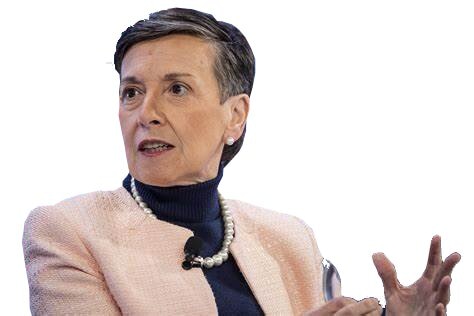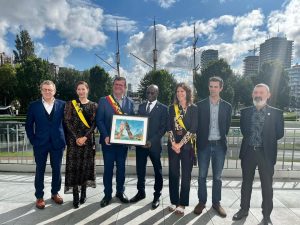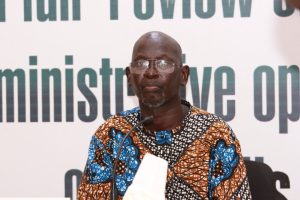
In a 2022 report that was released yesterday, Transparency International evaluated 180 nations and determined that the Gambia ranked 110 out of 180 as the least corrupt, ranking it only better than 70 other nations.
On the 2022 Corruption Perceptions Index, the nation in West Africa received 34 out of 100 points. In the most recent report, the country is now nine points ahead of Senegal, despite performing better than the French-speaking nation in 2021.
Lama’s roommate describes the argument between Kumba and Lamar prior to the alleged murder
The Gambia’s progress continues to be hampered by corruption.
Pa Samba Jaw, a Gambian social and political commentator based in the United States, said in response to the most recent ranking: A lack of political will or, at best, “uncleaned hands” can explain why our government continues to ignore this issue. Only those who are clean and detest corruption can fight it with moral conviction.
Unfortunately, Gambians and the poor Gambians continue to suffer while our government continues to delay action. “If our resources were fully invested in where they are needed instead of being stolen by a few officials, we would be having a more progressive country,” he stated. “Corruption is responsible for the dangerous back-way to Europe, premature deaths at our hospitals due to a lack of proper medication and or equipment, dilapidated schools, and lack of job opportunities for the youth.
Jaw continued, “our culture tends to encourage and celebrate corruption and corrupt people, particularly politicians,” which struck him as ironic. When was the last time any of our cultural and religious leaders spoke or did anything to condemn corruption? Exactly as President Biden put it: Good governance is not enough to fight corruption. It’s self-protection. It’s a patriotic duty. I hope the people, particularly the young, will fight corruption head-on.
The CPI gives countries and territories scores and ranks based on how experts and business executives think their public sector is corrupt.
The report found that 21% of people who used public services paid bribes in the previous year, and 32% of people believed that corruption had increased in the previous year.




